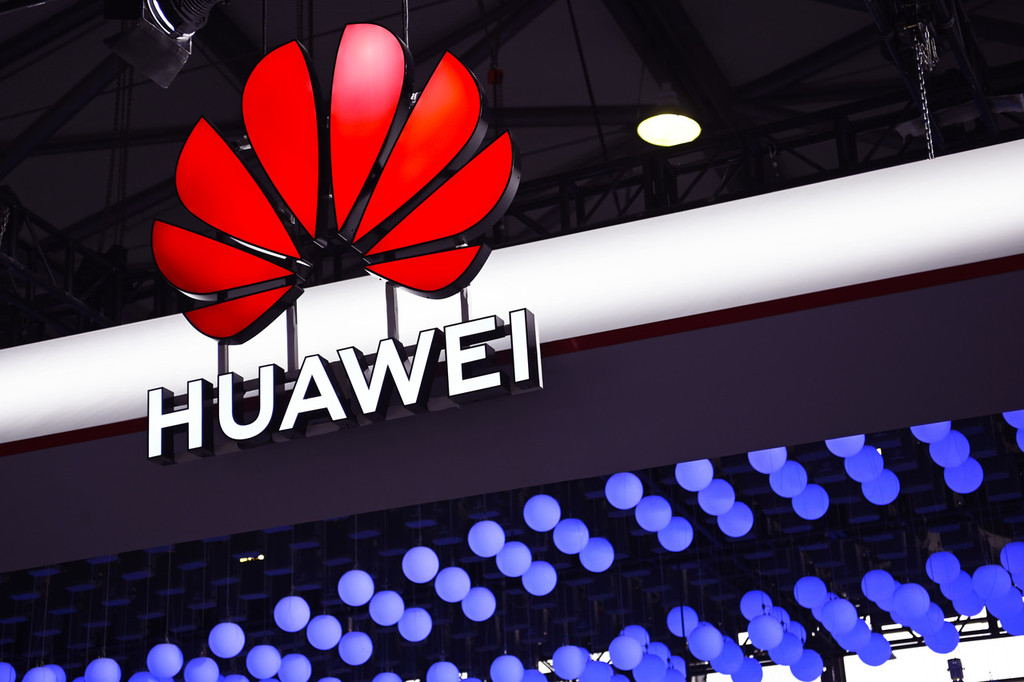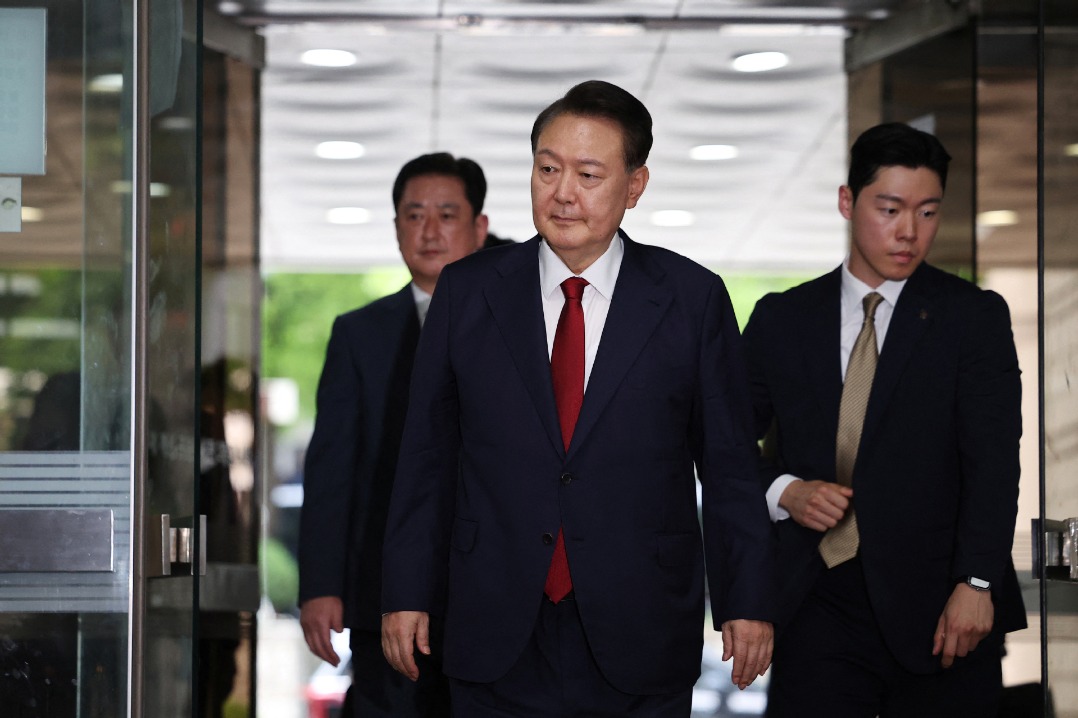Upbeat Huawei news gives market a boost


Semiconductor stocks rallied on the news that US President Donald Trump will allow Huawei to resume purchases from American companies, but the decision sparked strong opposition among Republicans and Democrats, underscoring short-term uncertainty and the possibility of long-term change in the industry.
Investors bid up the shares of major Huawei suppliers, including Broadcom, Qualcomm, Micron Technology, Skyworks Solutions and Qorvo. The US semiconductor industry welcomed the apparent progress in the on-going US-China trade dispute.
"China is about 30 percent of the global market for semiconductors," Mike Russo, vice-president of SEMI, an advocacy group, told China Daily. "The industry as a whole and all nations involved benefit from access to markets. Companies re-invest profits in research and leverage new technology. Folks are jockeying for access — no one has sewn it up."
Worldwide semiconductor sales totaled $468.8 billion in 2018. Sales are expected to drop 12 percent this year to $412.1 billion before posting moderate growth of about 5.4 percent in 2020, the Semiconductor Industry Association said.
At the end of the G20 summit meeting in Osaka, Japan, on June 29, Trump said that sales to Huawei could proceed as long as they did not pose a "great, national emergency problem".
Huawei executives have long expressed frustration over American officials' clamping down on the company without presenting evidence that Beijing could use Huawei products for espionage, as Washington has claimed for years.
European and Asian officials have also complained privately that recent American intelligence briefings have not demonstrated clearly how the Chinese government has used Huawei to steal information.
Huawei has challenged the rulings in federal court, arguing that Congress produced no proof that the company was a security threat before acting against it, and that it was being punished without due process, the New York Times reported.
The United States government's latest argument in the case, outlined in a court filing last week, suggests that the Trump administration believes it may not have to produce conclusive evidence of past wrongdoing by Huawei to uphold at least some of its actions.
Lawrence Kudlow, director of the White House's National Economic Council, said Trump did not offer a "general amnesty" to Huawei, the world's largest telecommunications equipment maker.
Kudlow said the company will remain on the Entity List that limits the export of technology that could compromise US national security.
The development of new markets like cloud computing, self-driving vehicles and 5G wireless networks have made semiconductors one of the top-performing technology subsectors over the last three years.
But Japan's recent trade restrictions on exports to South Korea may foreshadow what's ahead for the US and China if there is a nationalist shift in trade.
South Korea announced that it may invest one trillion won (about $856.6 million) in equipment and materials needed to produce semiconductors and display panels after Tokyo decided to restrict exports. Tokyo expressed doubts about South Korea's trustworthiness when its courts ordered Japanese companies to compensate Koreans for forced labor in World War II.
In 2010, Japan broadened its supply chain when China cut sales of rare-earth metals used in a range of high-tech applications. Japan now derives much of the needed materials from Australia and Vietnam. The US is reopening a rare-earth mine in California to diversify its supply.
Despite a thaw in US-China trade negotiations, Huawei Technologies plans to develop its own mobile phone operating system after it lost access to Android software updates from Google due to US restrictions. If the US restricts exports of semiconductors to gain leverage in the trade dispute, China may seek to develop its own chips. That could cost US companies billions of dollars. Major Chinese Internet companies, including Alibaba Group, Tencent and Baidu spent a combined $15 billion on cloud computing services last year, or about 15 percent of worldwide expenditures.
"The trade fight also gives China even greater impetus to wean itself off American technology," New York investment bank Goldman Sachs said in a research report. "The country already was pursuing an aggressive plan to build up a homegrown semiconductor-design-and manufacturing industry.
Trump had urged US allies not to purchase equipment from Huawei because it could be used for Chinese espionage. Huawei has denied the charge. While it's unclear if Trump's decision to relax restrictions on Huawei is a policy reversal or a bargaining chip to be used in future negotiation, the president faces growing opposition in Congress.
Senator Marco Rubio, a Florida Republican, tweeted: "If President Trump has in fact bargained away the recent restrictions on Huawei, then we will have to get those restrictions back in place through legislation. And it will pass with a large veto proof majority."
Semiconductor manufacturers focus on the design of new, more powerful chips and try to avoid politics. But politics has impinged on the industry.
The Semiconductor Industry Association said in a statement that the progress made by Trump and President Xi Jinping in Osaka "is good news for the semiconductor industry, the overall tech sector and the world's two largest economies. We are encouraged the talks are restarting and additional tariffs are on hold and we look forward to getting more details on the president's remarks on Huawei."































